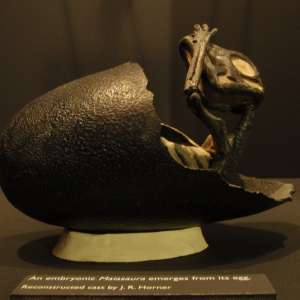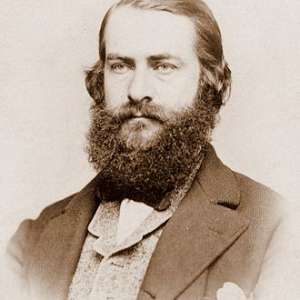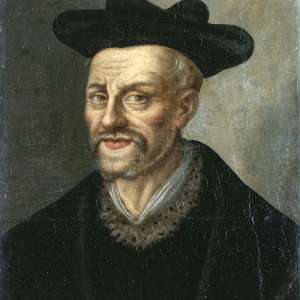
René Adolphe Schwaller was born on 30 December 1887 in Strasbourg—the vignoble region of France that straddles the border of Rhineland Germany. [3] Schwaller would acquire two more names in the course of his life: the chivalric title « de Lubicz » and the initiatic appellation « Aor ». The story of these names will reveal much. For now, however, it is important to realise that he was first and foremost Alsatian. His nature is a precise reflection of the land—or rather, borderland—into which he was born: Alsace, the longitudinal strip of land defined by the Vosges in the West and by the Rhine in the East. Since Julius Caesar first wrested the region from the Germanic tribes in the first century CE, its history has been one of repeated oscillation between Gallic and Germanic rule. In early modern times, Louis XIV annexed Alsace to the French crown (1648), while the French Revolution (1789) divided it into the Haut and Bas regions. At the end of the Franco-Prussian war (1871–72), France gave up most of the region to Germany, and it was here, in Reichsland Elsaß-Lothringen (Imperial German Alsace-Lorraine) that Schwaller was born.
In spite of its Germanic character, the region remains defiantly French, as did René Schwaller. Indeed, his part-French, part-German name reflects the bi-fold lineage of not only the territory but its people: his father, Joseph Schwaller (a pharmacist), was of Swiss-German origin while his mother, Marie Bernard (originally from Asnières), was French.[4] And yet while the bilingual milieu into which Schwaller was born would give him fluency in two languages, he spoke and wrote in his mother’s tongue. As Christopher Bamford remarks in his introduction to the English translation of Schwaller’s first book, A Study of Numbers: ‘All his life he wrestled with this inheritance, continuing, as it were, to “think in German” but write in French’.[5] ‘From the stylistic point of view’, remarks Emmanuel Dufour-Kowalski (commenting in a similar vein), ‘one must not neglect to mention the formal approach of the author, allergic to all Romanesque or poetic expressions, never hesitating to supplement his philosophical vocabulary with technical neologisms’.[6] Ultimately, like the wine of the region, the close yet uneasy confluence of the Romance and Germanic simultaneously pervaded his nature.










































